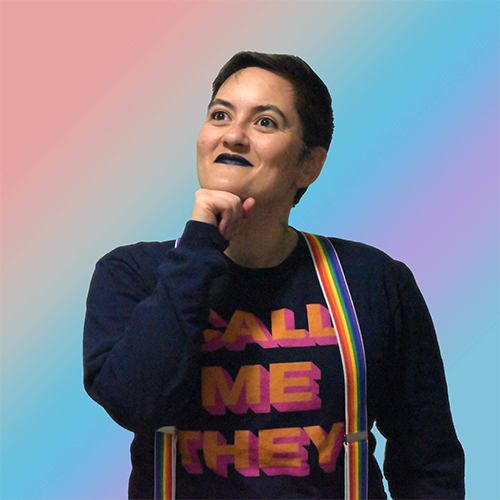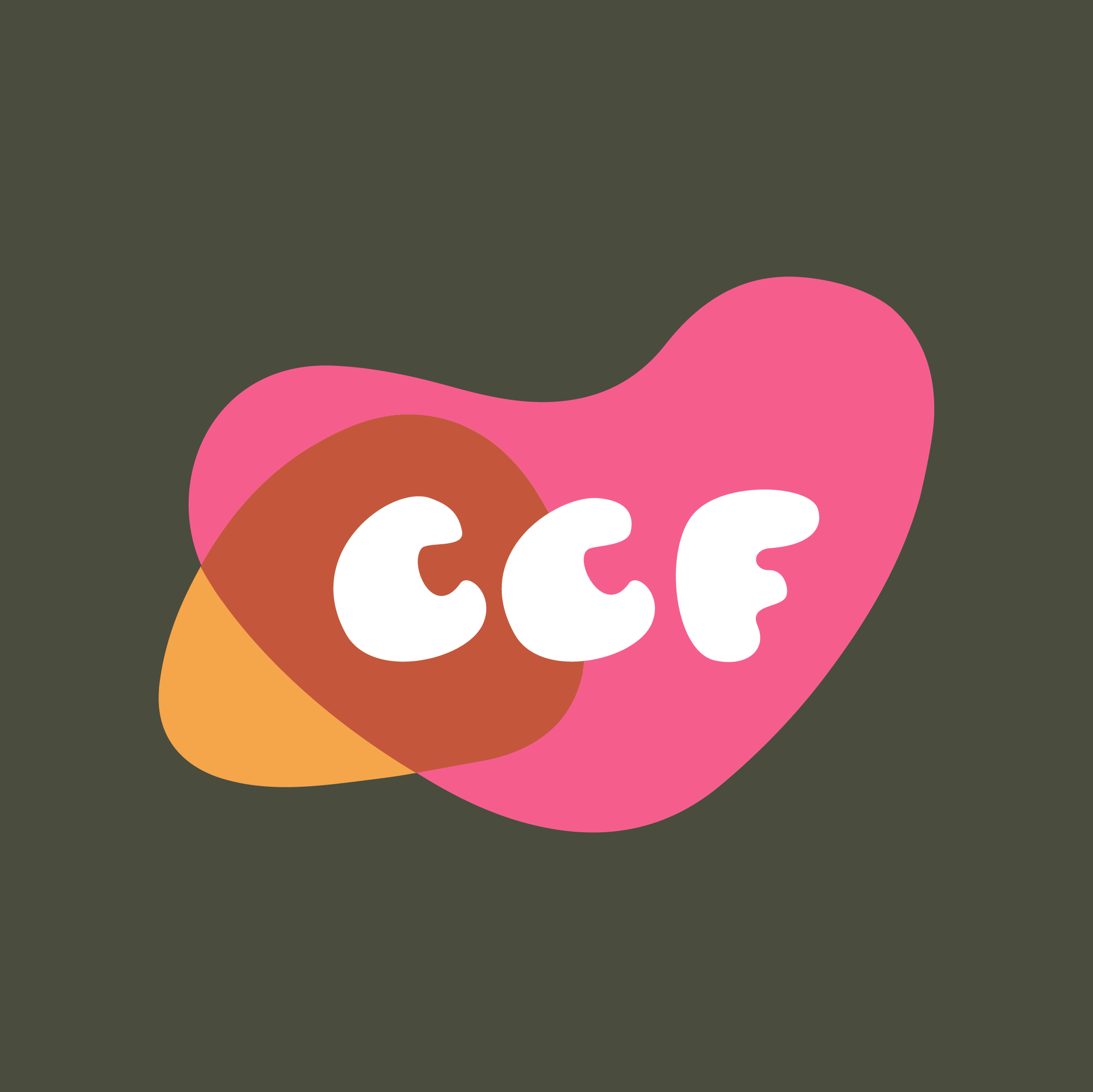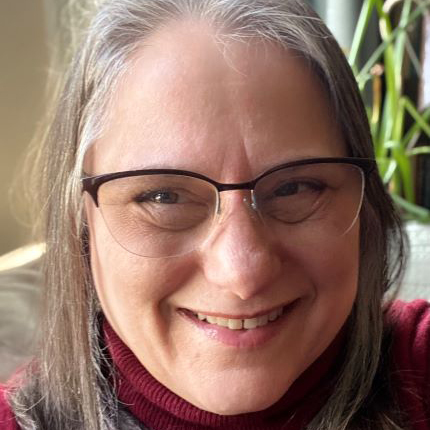 As first generation Asian Canadians, my parents always worked blue collar jobs — from housekeeper, warehouse worker, health care worker, and everything in between. Because of this, growing up, I never had role models in fields like “the nonprofit sector” and certainly not jobs like “executive director.” The nonprofit sector — the idea of working in a sector that doesn’t aim to generate large profits — was so foreign to my parents, Especially since they grew up poor in their home country and then came to Canada for the dream to thrive and be successful.
As first generation Asian Canadians, my parents always worked blue collar jobs — from housekeeper, warehouse worker, health care worker, and everything in between. Because of this, growing up, I never had role models in fields like “the nonprofit sector” and certainly not jobs like “executive director.” The nonprofit sector — the idea of working in a sector that doesn’t aim to generate large profits — was so foreign to my parents, Especially since they grew up poor in their home country and then came to Canada for the dream to thrive and be successful.
So seeing their only daughter work in a sector that didn’t fulfil their dream was a bit unexpected for them.

 “I’m writing an article about how to start offering equitable pay and I’m remembering an organization that had every person’s salary band start the same, regardless of their position, and had it based on need (those with more dependents earned at the higher end of the band, those without generational wealth, earned at the higher end, etc). But I can’t, for the life of me, remember the name of the organization or where I saw it. Can anyone offer guidance?”
“I’m writing an article about how to start offering equitable pay and I’m remembering an organization that had every person’s salary band start the same, regardless of their position, and had it based on need (those with more dependents earned at the higher end of the band, those without generational wealth, earned at the higher end, etc). But I can’t, for the life of me, remember the name of the organization or where I saw it. Can anyone offer guidance?” Friends. I am turning 40 this summer. I am milleniOLD. An elder millennial. Some might say a geriatric millennial — which is just rude, y’all. I still feel young, despite listening to chats that my children — both born after 2010 and currently categorized as Gen Alpha —— have songs and trends and technology that I’m completely clueless about.
Friends. I am turning 40 this summer. I am milleniOLD. An elder millennial. Some might say a geriatric millennial — which is just rude, y’all. I still feel young, despite listening to chats that my children — both born after 2010 and currently categorized as Gen Alpha —— have songs and trends and technology that I’m completely clueless about. For a long time in past jobs, early in my career, a bad day meant needing to go back to college career fairs. There, after trying to deliver a just-decent elevator pitch to the few companies who could sponsor international students, I’d always stumble upon two groups I hoped to avoid…
For a long time in past jobs, early in my career, a bad day meant needing to go back to college career fairs. There, after trying to deliver a just-decent elevator pitch to the few companies who could sponsor international students, I’d always stumble upon two groups I hoped to avoid…
 This summer, we’re planning to transition leadership of Community-Centric Fundraising (CCF) from its co-founders to a CCF Global Council, and we sincerely hope that you will consider applying for this. There are more details about what it all entails, but first, here’s backstory for those of you who like context!
This summer, we’re planning to transition leadership of Community-Centric Fundraising (CCF) from its co-founders to a CCF Global Council, and we sincerely hope that you will consider applying for this. There are more details about what it all entails, but first, here’s backstory for those of you who like context! I made the choice to tender my resignation in the fall of 2021, but not for the reasons you may think.
I made the choice to tender my resignation in the fall of 2021, but not for the reasons you may think.  I dread job searches. I look forward to them about as much as buying pants online or trying to find the person at a corporate bank who can override the system software to correct an ownership error in an old organizational account. I know that I’m not alone about this.
I dread job searches. I look forward to them about as much as buying pants online or trying to find the person at a corporate bank who can override the system software to correct an ownership error in an old organizational account. I know that I’m not alone about this. For over twenty years, I have been part of a spiritual program that has a useful axiom: “expectations are premeditated resentments.” Most of the time, I know better than to have any expectations but sometimes, I forget. When I was getting ready to birth my first and only child, for example, I expected to have a natural childbirth. I had a plan, midwives, candles, the whole thing. The birth turned out to be long and complicated and, in the end, anything but natural. I spent several years working through my resentments and the parts of that experience I was responsible for, the largest of which were my expectations.
For over twenty years, I have been part of a spiritual program that has a useful axiom: “expectations are premeditated resentments.” Most of the time, I know better than to have any expectations but sometimes, I forget. When I was getting ready to birth my first and only child, for example, I expected to have a natural childbirth. I had a plan, midwives, candles, the whole thing. The birth turned out to be long and complicated and, in the end, anything but natural. I spent several years working through my resentments and the parts of that experience I was responsible for, the largest of which were my expectations.